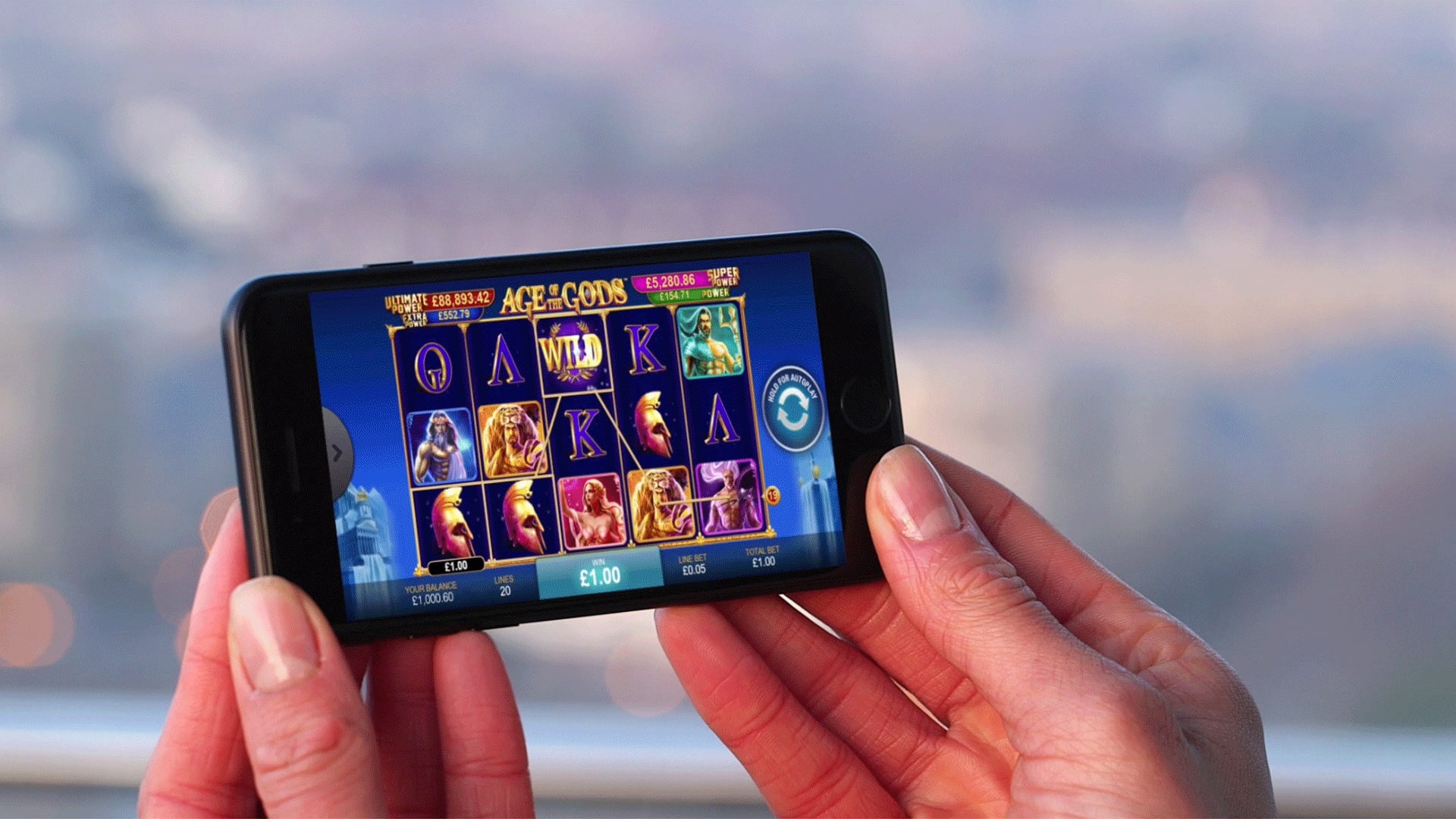In the digital age, online gaming has evolved from a niche hobby into a global phenomenon. What once began with simple pixelated games has now blossomed into an expansive world of interactive experiences, drawing millions of players from all corners of the globe RAJA189 LOGIN. Whether you’re battling enemies in a multiplayer online battle arena (MOBA), exploring open worlds in role-playing games (RPGs), or collaborating with teammates in fast-paced shooters, playing games online has become one of the most popular forms of entertainment.
A Social Revolution in Gaming
One of the most significant transformations in gaming is the shift from solitary play to highly social, online experiences. Games like Fortnite, League of Legends, Minecraft, and Among Us have introduced a new era where players can join forces with friends or even meet new people from across the world. The ability to communicate in real-time, strategize, and share experiences has turned online gaming into a social hub for millions of players. Many players view their gaming sessions as an opportunity to connect with others, making friendships and fostering a sense of community.
Through voice chat, text chat, and even video calls, online gaming allows players to interact with teammates or opponents, creating a dynamic environment where social bonds are formed. Multiplayer games often include guilds or clans, which provide players with a sense of belonging and a platform to work together towards common goals. This sense of camaraderie is one of the driving forces behind the popularity of online gaming.
Accessible to All: The Rise of Mobile Gaming
While traditional gaming consoles and PC platforms have long been popular choices for online gaming, mobile gaming has seen a meteoric rise in recent years. With smartphones becoming more powerful and accessible, games like Clash Royale, PUBG Mobile, Candy Crush Saga, and Pokémon GO have made it possible for anyone with a mobile device to join in on the action. This rise of mobile gaming has expanded the reach of online gaming, making it more inclusive for a wider range of players who may not have access to a high-end PC or console.
Mobile games offer a variety of experiences, from casual puzzle games to competitive multiplayer titles, making it easy for players to enjoy a game on the go. The convenience of playing games online anytime and anywhere has become a major selling point for mobile platforms, and developers are continuously releasing new games designed to be played in short bursts or over extended sessions.
The Thriving Esports Industry
Online gaming has also paved the way for a burgeoning esports industry, where professional gamers compete in tournaments for cash prizes, sponsorships, and global recognition. Esports have become a multi-million-dollar industry, with major events like The International (for Dota 2) and League of Legends World Championship attracting millions of viewers worldwide. These events not only showcase the skill and dedication of professional gamers but also create a spectacle for fans to enjoy, complete with live-streamed commentary, analysis, and fan engagement.
Esports have gained widespread legitimacy and mainstream attention, with professional gaming teams, streaming platforms like Twitch, and sponsorships from global brands becoming integral parts of the industry. The rise of esports has also created new career paths for aspiring gamers, streamers, coaches, and analysts, adding another layer of depth to the online gaming ecosystem.
The Impact of Online Gaming on Mental Agility and Skills
Beyond entertainment, playing games online can have positive effects on mental agility and cognitive skills. Many games require quick thinking, strategic planning, and problem-solving, which can enhance players’ decision-making and multitasking abilities. Online games often challenge players to adapt to new environments and think on their feet, encouraging creativity and flexibility.
In addition, multiplayer games foster collaboration and teamwork, as players must rely on each other to succeed. This can help improve communication skills and the ability to work in a team, skills that are transferable to real-life situations, such as in the workplace or school.
Some games, especially those that involve exploration, puzzle-solving, and narrative elements, can also improve memory and attention to detail. The immersive worlds of online games allow players to develop their spatial awareness, learn about different cultures and historical periods, and even exercise empathy by experiencing diverse perspectives through characters and stories.
Challenges of Playing Online Games
Despite the many benefits and thrills of playing games online, it is not without its challenges. One of the most common issues players face is the potential for toxic behavior. In competitive environments, frustration and anger can sometimes lead to negative interactions, such as trolling, harassment, or bullying. Many game developers and platforms are taking steps to address these concerns by implementing reporting systems, moderation tools, and community guidelines to ensure a safer environment for players.
Another challenge is the risk of addiction. Online gaming can be highly immersive, and players may find themselves spending excessive amounts of time playing games at the expense of other aspects of their lives. Striking a balance between gaming and other responsibilities, such as work, school, or social activities, is essential for maintaining a healthy lifestyle.
